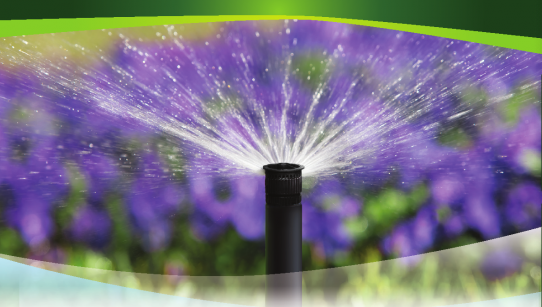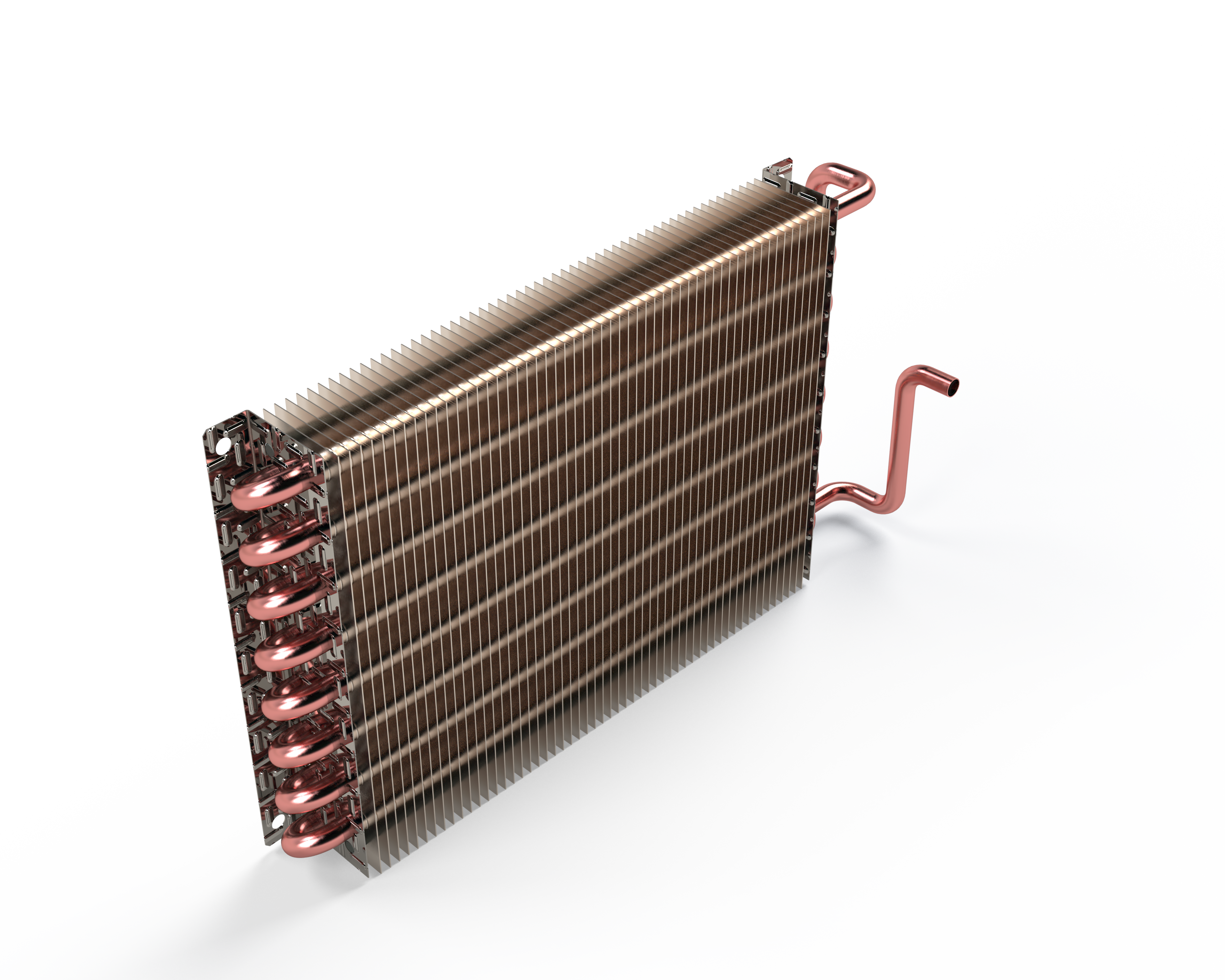Why Is Heat Exchangers Important In Heat Pumps
Why Is Heat Exchangers Important In Heat Pumps
Heat pump heat exchangers are an essential component of any
heating system that uses a heat pump. These heat exchangers transfer heat from
the outside air or ground to the refrigerant in the heat pump, which then
carries the heat to the rest of the home. If you're considering installing a
heat pump in your home or simply want to understand the workings of your
existing system, it's important to understand the role that heat pump heat
exchangers play.
What is a Heat Pump Heat Exchanger?
A heat pump heat exchanger is a device that transfers heat
from one fluid (e.g., outside air or ground) to another fluid (e.g., the refrigerant
in the heat pump). In a heat pump heating system, the heat exchanger acts as
the interface between the outdoor air/ground and the refrigerant in the heat
pump. It extracts heat from the outdoor air/ground and transfers it to the
refrigerant, which then carries it to the rest of the home.
Types of Heat Pump Heat Exchangers
There are two main types of heat pump heat exchangers:
air-to-air and ground-to-air.
Air-to-air heat exchangers use a fan to blow outside air
over a coil filled with refrigerant. The refrigerant in the coil absorbs the
heat from the air and carries it to the heat pump, which then distributes it
throughout the home.
Ground-to-air heat exchangers, also known as geothermal heat
pumps, extract heat from the ground using a series of underground pipes filled
with refrigerant. The refrigerant in the pipes absorbs the heat from the ground
and carries it to the heat pump, which then distributes it throughout the home.
Importance of Heat Pump Heat Exchangers
Heat pump heat exchangers play a crucial role in the overall
efficiency of a heat pump heating system. A well-designed and properly
functioning heat exchanger can help ensure that your heat pump is able to
extract as much heat as possible from the outside air/ground, which can result
in lower heating costs and improved comfort.
Maintenance and Replacement
Regular maintenance of your heat pump heat exchanger is
important to ensure that it is functioning properly and to prevent any
potential problems. This may include cleaning the heat exchanger and checking
for any signs of wear or damage. In some cases, it may also be necessary to
replace the heat exchanger if it is damaged or not functioning efficiently.
In conclusion, heat pump heat exchangers are a critical
component of any heat pump heating system. Understanding their role and
importance can help you make informed decisions about your heating system and
ensure that it is operating efficiently and effectively. If you have any
questions or concerns about your heat pump heat exchanger, don't hesitate to
reach out to a qualified heating professional for assistance.







.png)




No comments yet